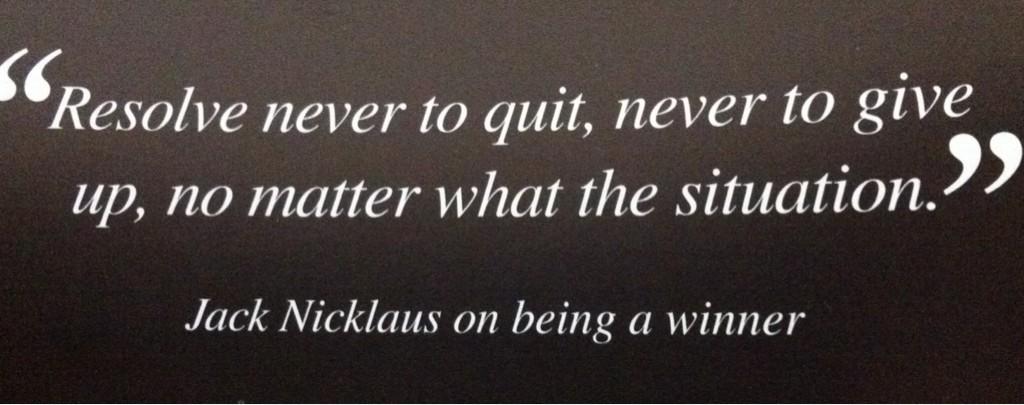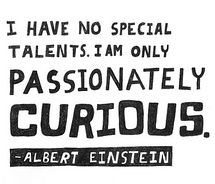Positive Leadership Limited is a strategic leadership and corporate finance advisory firm. We use our considerable experience to provide unique perspectives and innovative solutions which help corporate leaders unlock maximum value from complex business challenges. There is no dress rehearsal for delivering answers to critical business challenges. When you are under intense pressure to succeed, we help deliver the vitally important marginal gains which let your business excel and win.
Sunday, September 30, 2012
Positive Leadership: Winning the Ryder Cup
Friday, September 28, 2012
Positive Leadership: The Challenges of Goal Setting
Positive Leadership: The Challenges of Goal Setting
Thursday, September 27, 2012
Positive Leadership: Assessing Team Performance and Potential
For more, see: http://www.linkageinc.com/thinking/linkageleader/Documents/Jon_Warner_Using_a_Performance_and_Potential_Grid_to_Guide_Coaching_Interventions.pdf
Positive Leadership: Assessing Team Performance and Potential

Wednesday, September 26, 2012
Positive Leadership: Top-Ranked Leadership Companies Perform Better
- The best companies for leaders generate dramatically greater market value over time than the weakest companies for leadership development.
- Leading public company CEOs commit a higher priority to leadership development in spite of the added burden of more complex and “distracting” environments with added pressures for short-term financial results.
- Smaller and private company CEOs spend more of their personal time (25 percent versus 15 percent) on both developing others as well as developing themselves, but are less likely to install systematic processes for leadership development.
Top-Ranked Leadership Companies Perform Better
| Chief Executive/Chally Worldwide Best Companies for Leaders Survey Ranking | Average % Market Capitalization Growth |
|---|---|
| Top 15% of Resopnding Companies | +22% |
| Bottom 15% of Resopnding Companies | -23% |
Positive Leadership: Top-Ranked Leadership Companies Perform Better

Tuesday, September 25, 2012
Positive Leadership: Accountability
Positive Leadership: Accountability
Monday, September 24, 2012
Positive Leadership: Today's CEO
Positive Leadership: Today's CEO

Friday, September 21, 2012
Thursday, September 20, 2012
The Values of Positive Leadership
The Values of Positive Leadership
Positive Leadership: How Honest Are You With Yourself?
Positive Leadership: How Honest Are You With Yourself?

Wednesday, September 19, 2012
Tuesday, September 18, 2012
Positive Leadership: Finding Thinking Time
Positive Leadership: Finding Thinking Time

Monday, September 17, 2012
Positive Leadership: Stay in Touch!
Positive Leadership: Stay in Touch!

Sunday, September 16, 2012
Friday, September 14, 2012
Positive Leadership: Creating a Positive Workplace
Positive Leadership: Creating a Positive Workplace
Thursday, September 13, 2012
Positive Leadership: What Drives Great Leaders Through Setbacks
Positive Leadership: What Drives Great Leaders Through Setbacks
Wednesday, September 12, 2012
Tuesday, September 11, 2012
Positive Leadership: Remarkable is a Tough Choice
Positive Leadership: Remarkable is a Tough Choice
Monday, September 10, 2012
Positive Leadership: Paralympics Opening Speech from Professor Stephen Hawking
Positive Leadership: Paralympics Opening Speech from Professor Stephen Hawking

Saturday, September 08, 2012
Friday, September 07, 2012
Positive Leadership: Six Habits of True Strategic Thinkers
Extraordinary bosses inspire people to see a better future and how they'll be a part of it. As a result, employees work harder because they believe in the organisation's goals, truly enjoy what they're doing and (of course) know they'll share in the rewards.
Positive Leadership: Six Habits of True Strategic Thinkers

Thursday, September 06, 2012
Wednesday, September 05, 2012
Tuesday, September 04, 2012
Positive Leadership: Mental Toughness
Positive Leadership: Mental Toughness
Monday, September 03, 2012
Positive Leadership: 9 Attributes That Differentiate CEOs
Positive Leadership: 9 Attributes That Differentiate CEOs





























